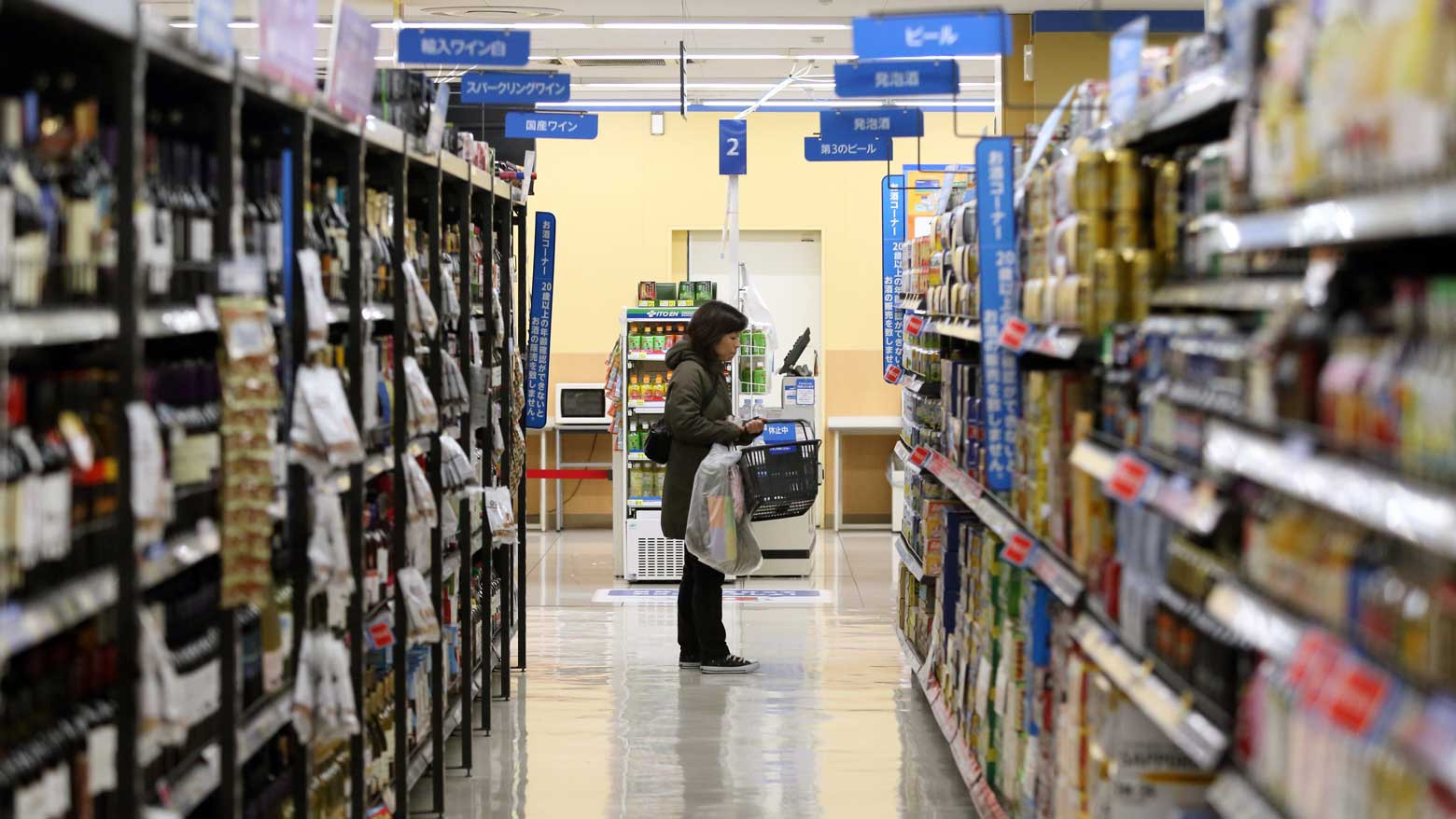Dry weather and low temperatures have upended the global agricultural trade. Brazil has been forced to import soybeans, while France is buying wheat. The countries are two of the world's dominant agricultural exporters.
Extreme demand from China is exacerbating these effects. A growing appetite for corn and wheat, both for family consumption and to feed livestock, is driving the market to previously unthinkable heights. Some leading exporters, including Russia and Ukraine, have implemented restrictions in order to maintain a supply for their own populations. The circumstances have also attracted investors who are pumping money into the market in the hope of making quick gains. This has only pushed prices up even further.
Experts project prices for grain at least to remain high until the summer. But for corn and soybeans, current prices could be indicative of longer-term trends. Both have become central to government policies to reduce greenhouse gas emissions with biofuels.
“Consumers in Japan may soon face higher costs on more products if crop prices continue to soar,” says Homma Takayuki, chief economist at Sumitomo Corporation Global Research.
Homma adds that such prices would hit Japanese households at the worst possible time, as the country reckons with the economic damage of the coronavirus pandemic. Japan recorded negative 5 percent growth in annualized terms for the January to March period and many expect the economy to soon officially enter a recession.
But Homma warns that while these effects could hurt consumers in Japan, they will be felt even more acutely in developing countries, which rely to an even greater extent on food imports. He says countries in the Middle East could be hit particularly hard.
“This could lead to the outbreak of social unrest in countries that have already been left in precarious positions by the pandemic,” he says.

